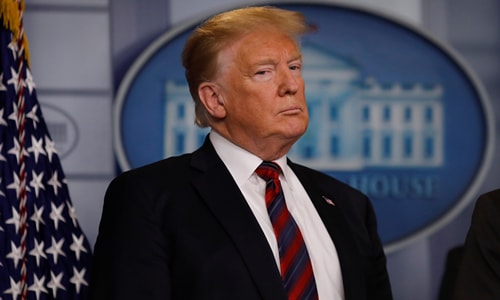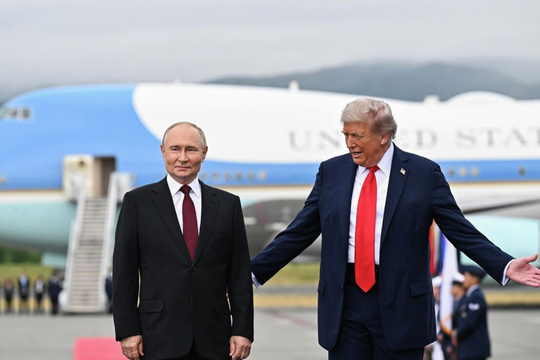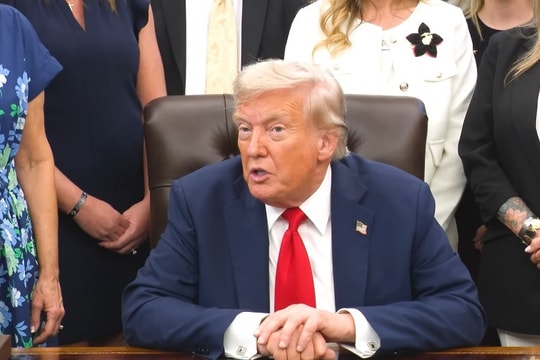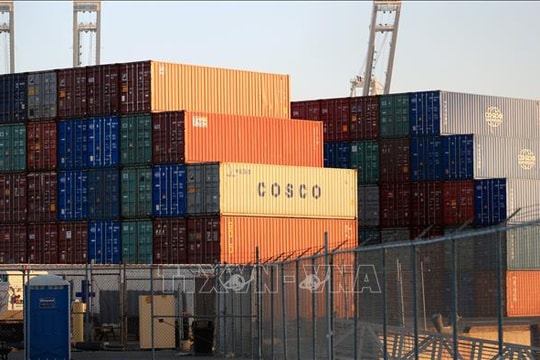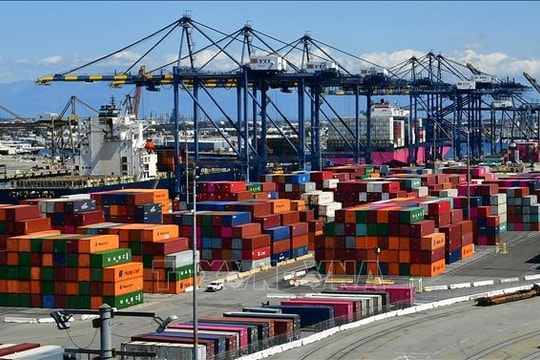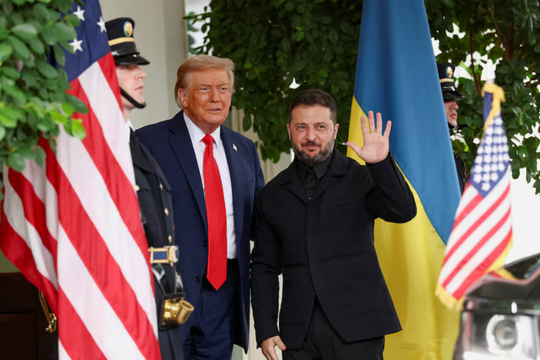Trump's announcement to postpone tariffs may expose his weakness against China
The announcement of a delay in imposing tariffs on some Chinese goods seems to be a sign that Trump is starting to "feel" the pain from the trade war.
|
US President Donald Trump. Photo:Reuters. |
The Office of the United States Trade Representative (USTR) announced on August 13 that it would remove some products from China from the list of new import tariffs, due to "health, safety, national security and other reasons". In addition, many goods will also have the 10% tax deadline postponed to December 15, instead of September 1 as previously announced by President Donald Trump.
Experts say the delay in imposing tariffs, even on some products, is evidence that President Trump has realized the limits of how much the US can withstand from the pain caused by the trade war. Wall Street observers say Trump's "step back" will only make China more confident in the tense battle between the two countries.
Chinese President Xi Jinping may see this as a sign that Washington is backing down to pressure from Beijing, according to Jim Chanos, founder and CEO of Kynikos Associates, a New York-based investment advisory firm.
"Give me one reason Xi shouldn't wait for the World's Greatest Dealmaker to 'solve' himself," Chanos wrote on Twitter, referring to President Trump.
Some investors see the latest tariff delay announcement as a sign that despite the White House’s repeated assertion that China is the one suffering from the impact of tariffs, the trade war is actually having a greater impact on American consumers.
The products included in the deferred tariffs include cell phones, some clothing and video games, all of which are important to the U.S. consumer market, especially during the Christmas and New Year shopping season.
Speaking to reporters on the afternoon of August 13, Trump said the reason for postponing the tariffs was because he did not want them to affect Christmas shopping and that this decision would "help a lot of people."
Kyle Bass, a fund manager and founder of investment advisory firm Hayman Capital Management, said the move to delay tariffs showed that President Trump was probably worried about the impact of the trade war and was forced to reconsider his calculations.
“He certainly doesn’t want to see iPhone prices go up at Christmas,” Bass said. “The Chinese will see that as a sign of major US weakness.”
China, meanwhile, has shown no signs of making the concessions Trump had hoped for. Beijing announced last week that it would not buy American agricultural products despite a pledge made by President Xi to President Trump during a meeting on the sidelines of the G20 summit in Japan in late June.
China has also responded to Trump's tariffs with its own tariffs on American goods, and added to worries by devaluing its currency on August 9.
John Rutledge, an expert at the global financial investment firm Safanad, said the trade war is hurting both sides. In China, President Xi is under pressure to show strength against the US in the trade war, while President Trump faces increasing political pressure over his China policy and rising consumer costs.
But that could change quickly depending on which trade adviser Trump trusts. “There’s a war going on between Trump’s aides,” Rutledge said, referring to White House economic adviser Larry Kudlow, Commerce Secretary Wilbur Ross and Treasury Secretary Steven Mnuchin, whom he called “market thinkers,” versus “hawkish” trade adviser Peter Navarro.
However, Rutledge noted that predicting the White House's next move is nearly impossible and investors should treat the recent tariff delay announcement as just "one-day data."
China's Ministry of Commerce said Vice Premier Liu He had a phone call with U.S. Trade Representative Robert Lighthizer and Secretary Mnuchin. Trade talks are expected to resume in two weeks. Chinese media reported that it was Lighthizer, not Beijing, who called for the talks.
According to Isaac Boltansky from financial consulting firm Compass Point Research, the decision to postpone the tariff is a positive sign after a series of negative news recently, but he noted that "the above move should only be viewed as an effort to partly protect American consumers as the holiday shopping season approaches".

